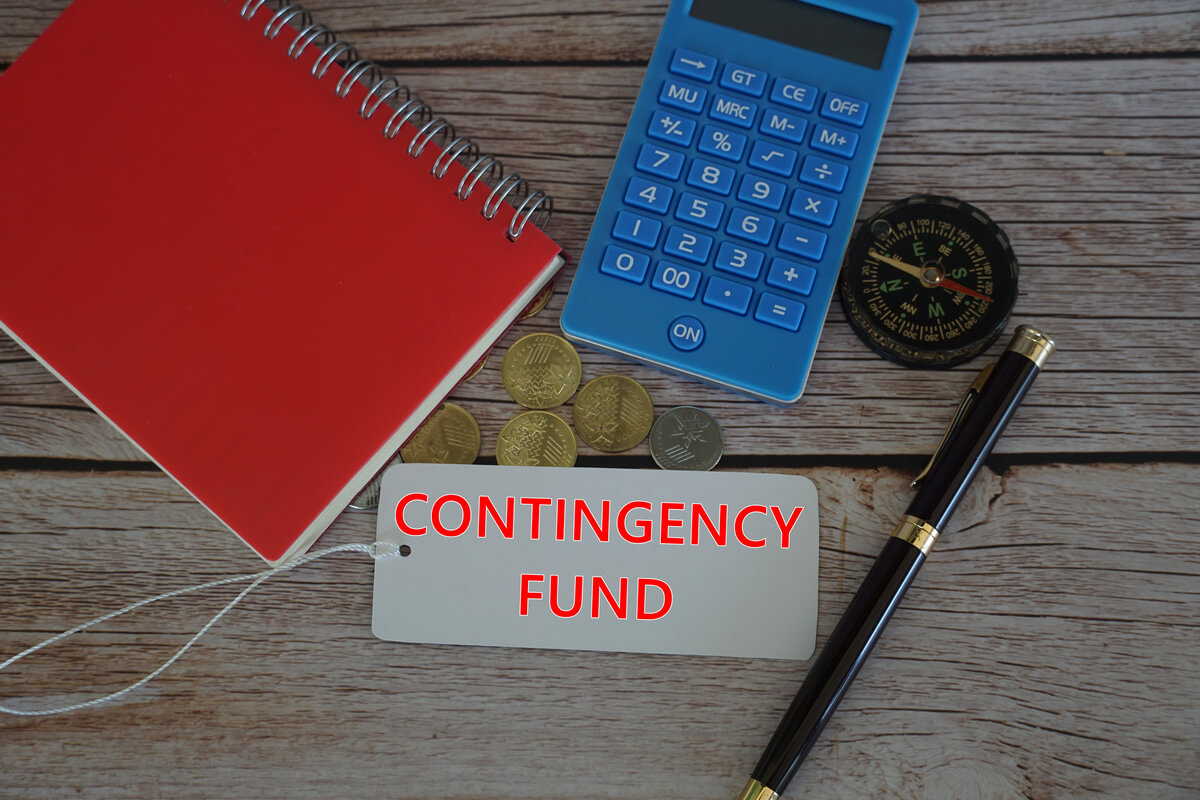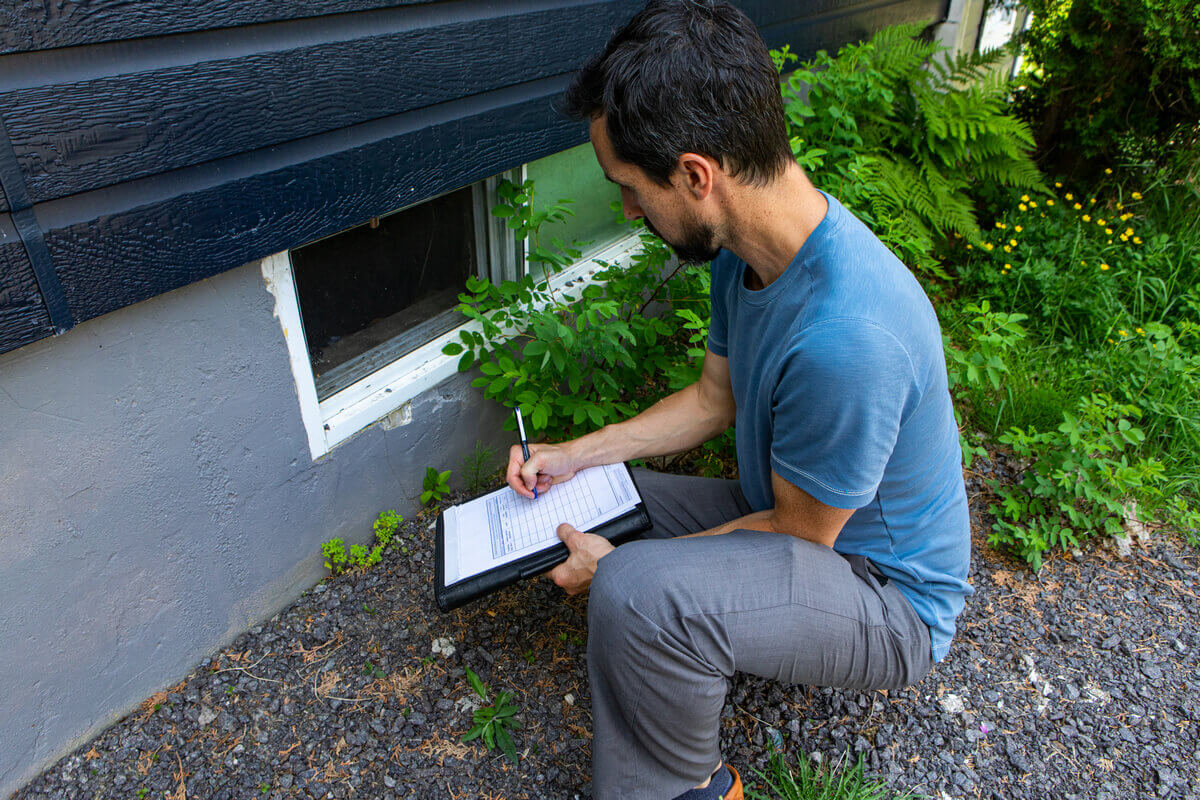Getting multiple offers on your home puts you in a great position. Buyers offer more when they’re in competition with others, and you get to choose the deal that works best for you. Knowing which offer to select can be challenging, though, as the highest dollar value isn’t necessarily the best choice.
The amount offered is only one consideration when deciding which buyer to close with. To get the most out of the sale, you should carefully review and analyze each offer. Here are four factors that you should keep in mind as you choose which offer to accept:

1. Contingencies
Closing on your home is a lengthy process with a number of steps. Most sellers are anxious to get the paperwork signed and finish the transaction, so you might decide to look for an offer that will be as simple and straightforward as possible.
When making an offer on a home, buyers can include contingencies, which are requirements for certain conditions be met in order to close. Contingencies help to protect the buyer and ensure that they don’t encounter any unexpected issues, so they do serve an important purpose. However, it can take much longer to close on a deal with many contingencies than it does to close on a deal with little to none. If you can’t meet a contingency, the sale may fall through altogether.
Unless you live in an extremely hot real estate market, you probably won’t receive an offer with no contingencies. You can compare the contingencies between your offers, though, and choose the option that will provide the fastest and easiest transaction. The following are some of the most common types of contingencies that can make closing more complicated:

Financing
The financing contingency clause allows the buyer to back out of the deal if their home loan falls through. In most cases, the buyer also gets their earnest money back. This can be a frustrating situation for the seller as it brings you back to the beginning of the process.
You can feel more confident with a financing contingency if the buyer has been pre-approved for a mortgage. To get pre-approved, they must provide proof of their income, assets, and credit history to the lender, so you can trust that they’re highly likely to receive their financing.

Home Inspection
The home inspection clause is one of the most common real estate contingencies, so it’s rare for an offer not to include it. If you do receive an offer that waives this clause, it may be worth seriously considering. You save time by forgoing the inspection, and you won’t be responsible for making repairs before the sale.
If your offers do include this contingency, you can review the details of each contract. Sometimes, the contingency requires the seller to pay for repairs or deduct the cost of repairs from the sale price. Some contracts allow the buyer to back out if the inspection reveals issues with the home, which can be risky for the seller.

Home Sale
Buyers generally need to sell their homes before they close on the new property, and timing the transactions can be difficult. The home sale contingency allows the buyer to pull out of the deal if they don’t sell their old home before your closing date. Offers that don’t include this contingency are desirable because they free up the timeline for closing and reduce the risk of the sale falling through.

2. Earnest Money
Earnest money is another key consideration when evaluating offers. Sometimes, a lower offer with a larger earnest money deposit is more appealing than a higher offer with less earnest money.
When your buyer puts down a sizable amount of earnest money, you know that they’re serious about the sale. They could lose the deposit if they back out of the deal, so offers with more earnest money are often more trustworthy. A typical deposit amounts to 1% to 3% of the purchase price, but higher amounts make more competitive offers.

3. Closing Date
Most sellers need to stick to a timeline when closing on their home. Maybe you need to close on this deal before you buy your new home, or maybe you need to relocate for a job by a certain date. If you need to finalize the sale as quickly as possible, you should look for buyers that can offer an early closing date.
Evaluating the contingencies is one way to gauge how long the entire process will take. You could also only entertain offers from buyers who are pre-approved for a mortgage as pre-approval can dramatically reduce the amount of time needed to secure financing for the home.
You and the buyer must agree on the closing date, so you can consult with them to get a better understanding of their timeline. Closing quickly can greatly alleviate your stress and make the process feel so much easier.

4. Social and Emotional Factors
While finances and timing are probably your two biggest concerns when evaluating offers, there may be an emotional side to the decision as well. If you feel attached to your home or neighborhood, you may prefer an offer from a buyer you know will treat the property well.

Offer Letter
Buyers sometimes write offer letters that explain why they want the home and how they plan to take care of it. Your buyer may not offer the highest bid for the home, but they could win you over with their heartfelt letter. If you’ve lived in your home for a long time or raised a family there, it can feel good to know that you’re passing the property along to someone who will respect it.

Input From Neighbors
Community is very important to some people. If you’re close with your neighbors, you could entertain their opinions about your offers. The buyer will now be a part of the community, so your neighbors are probably happy to make their opinions known. For example, your neighbor may prefer a buyer who has kids around the ages of their own children.
While it can be tempting to select the highest offer, you have plenty of other factors to consider as well. To choose the perfect offer, look for contracts that include few contingencies and promise a quick and easy closing. Consult with your real estate agent
to get their expert opinion, and trust your own instincts if you have a strong feeling about an offer.

